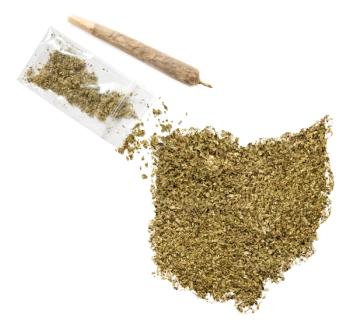
Australia to Reschedule Psilocybin and MDMA for Therapeutic Use Starting in July 2023
Starting July 1, 2023, Australia will allow the use of psilocybin and 3,4-Methylenedioxymethamphetamine (MDMA) for therapeutic use in a medical setting to treat mental health conditions.
On February 3, 2023 the Australian Therapeutic Goods Administration (TGA) released their decision relating to psilocybin and 3,4-Methylenedioxymethamphetamine (MDMA), following applications made to the TGA, public consultation, an expert panel report, and advice from the Advisory Committee on Medicines Scheduling (1). The TGA will allow the use of psilocybin and MDMA for therapeutic use in a medical setting, specifically to treat mental health conditions. A press release outlined who can prescribe the drugs and acknowledged the current lack of options for mental illness treatment (1). For therapeutic purposes, these substances are placed into Schedule 8 (Controlled Drugs) but remain in Schedule 9 (Prohibited Substances) for unauthorized use.
“From 1 July this year, medicines containing the psychedelic substances psilocybin and MDMA (3,4-methylenedioxy-methamphetamine) can be prescribed by specifically authorised psychiatrists for the treatment of certain mental health conditions,” began the press release (1). “The decision acknowledges the current lack of options for patients with specific treatment-resistant mental illnesses. It means that psilocybin and MDMA can be used therapeutically in a controlled medical setting. However, patients may be vulnerable during psychedelic-assisted psychotherapy, requiring controls to protect these patients.”
According to the Multidisciplinary Association for Psychedelic Studies (MAPS), Australia will be the fourth country to legalize psychedelic substances for therapeutic use for mental health, after Israel, the United States, and Canada (2). In the US, recent activity around psychedelics for therapeutic use include petitions to the Drug Enforcement Agency (DEA) to place psilocybin in a lower drug schedule, legislation to legalize possession of certain psychedelics in California, and requests to theNational Institutes on Health (NIH) and Food and Drug Administration (FDA) for updates on research into the therapeutic potential of psychedelics (3).
References
https://www.tga.gov.au/news/media-releases/change-classification-psilocybin-and-mdma-enable-prescribing-authorised-psychiatrists https://maps.org/2023/02/03/statement-psychedelic-assisted-therapies-allowed-in-australia-through-special-access-scheme/ https://www.marijuanamoment.net/australia-legalizes-psilocybin-and-mdma-prescriptions-as-u-s-patients-seek-similar-authorization/
Newsletter
Unlock the latest breakthroughs in cannabis science—subscribe now to get expert insights, research, and industry updates delivered to your inbox.





